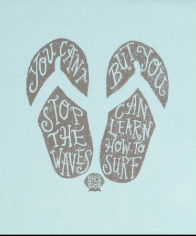
Blog post by Chelsea Kline, STL Addiction intern.
Today we went over a few coping strategies we can use during recovery to help us stay on the sober path. These are good to use when we are feeling tempted to use, bored, or anxious and can help us learn how to replace unhealthy behaviors with healthy ones.
Think of how you can use these strategies throughout your day and make them available to help you through recovery. Certain strategies work better for certain people so try them out and see which ones really suit you and help to keep you sober.
*List adopted from the handout from Seeking Safety by Lisa M. Najavits
Today we went over a few coping strategies we can use during recovery to help us stay on the sober path. These are good to use when we are feeling tempted to use, bored, or anxious and can help us learn how to replace unhealthy behaviors with healthy ones.
- Try something, anything
- Discovery
- Attend treatment
- Create a buffer
- Say what you really think
- Listen to your needs
- Move toward your opposite
- Structure your day
- Protect yourself
- Soothing talk
- Think of the consequences
- Trust the process
Think of how you can use these strategies throughout your day and make them available to help you through recovery. Certain strategies work better for certain people so try them out and see which ones really suit you and help to keep you sober.
*List adopted from the handout from Seeking Safety by Lisa M. Najavits
 RSS Feed
RSS Feed